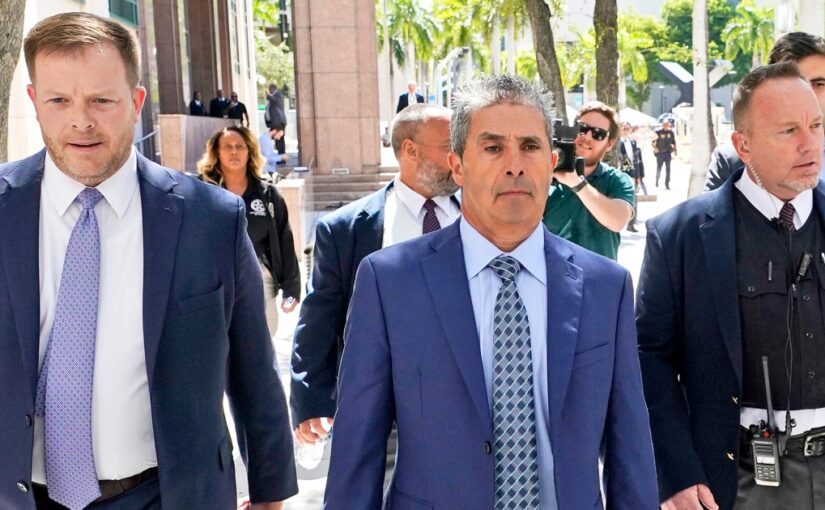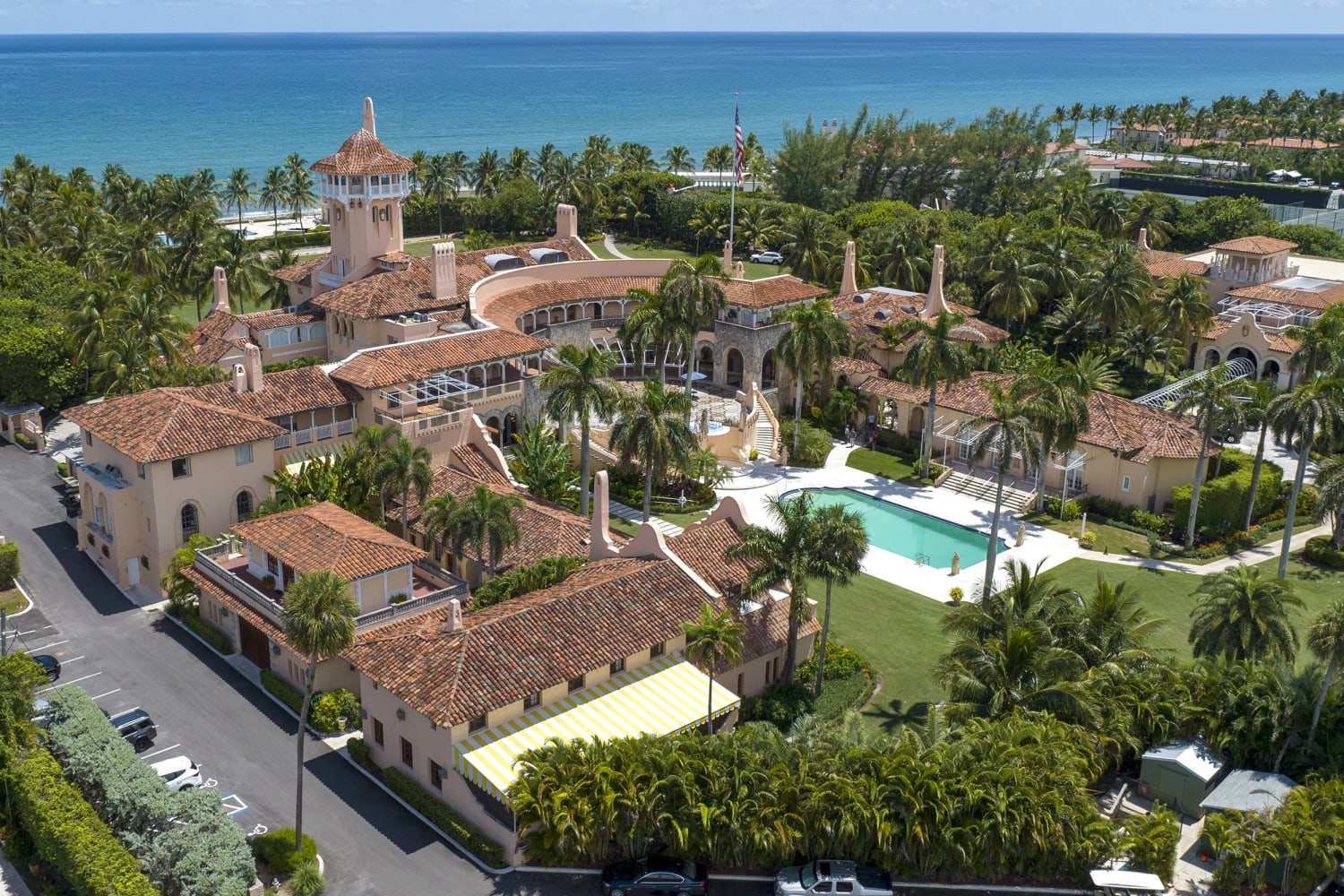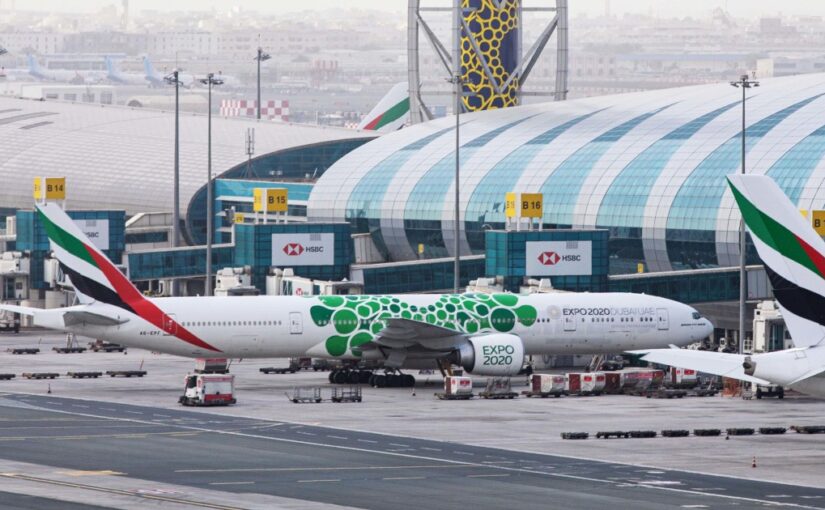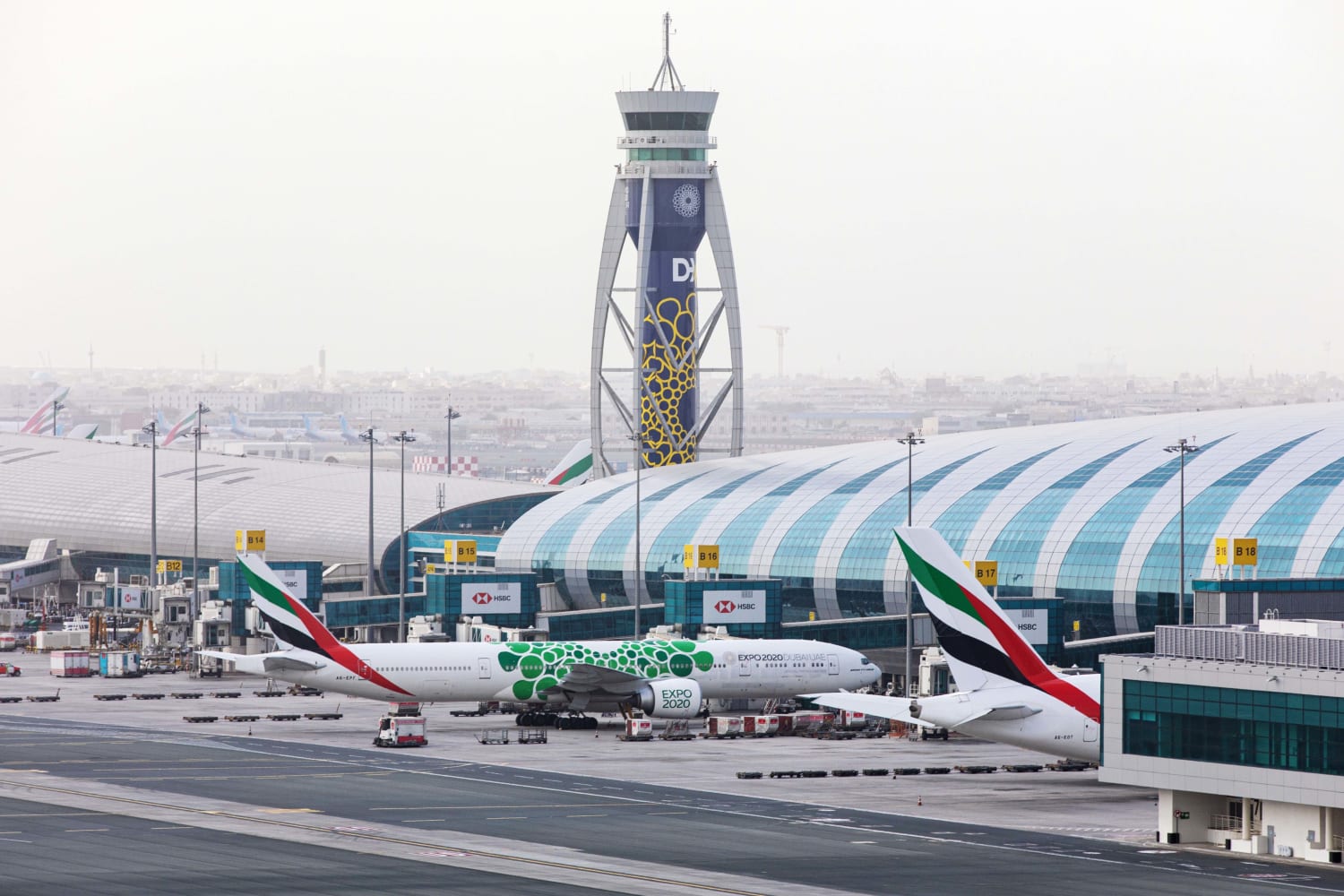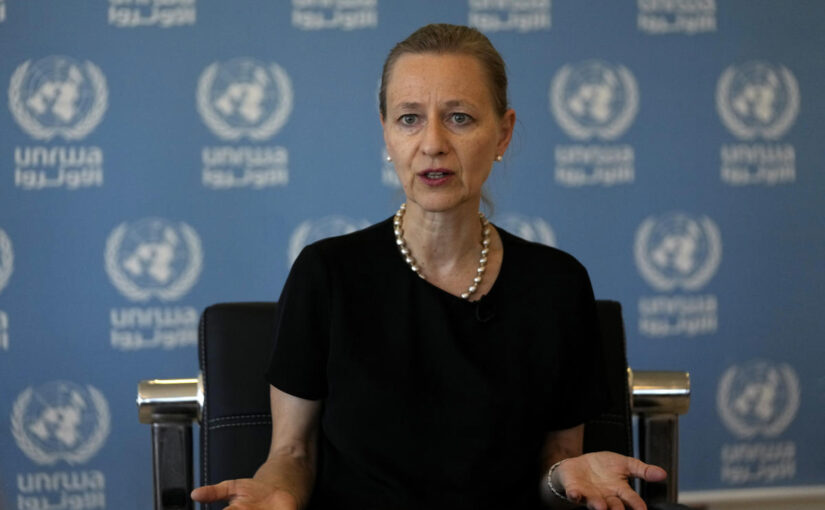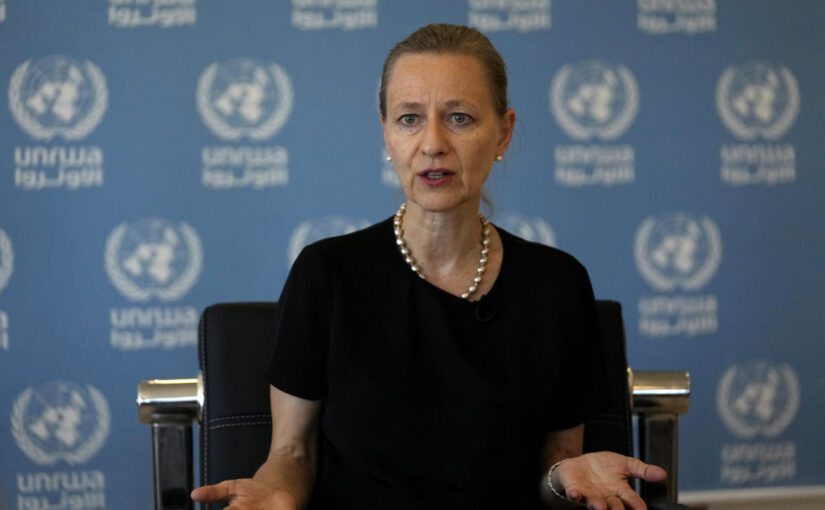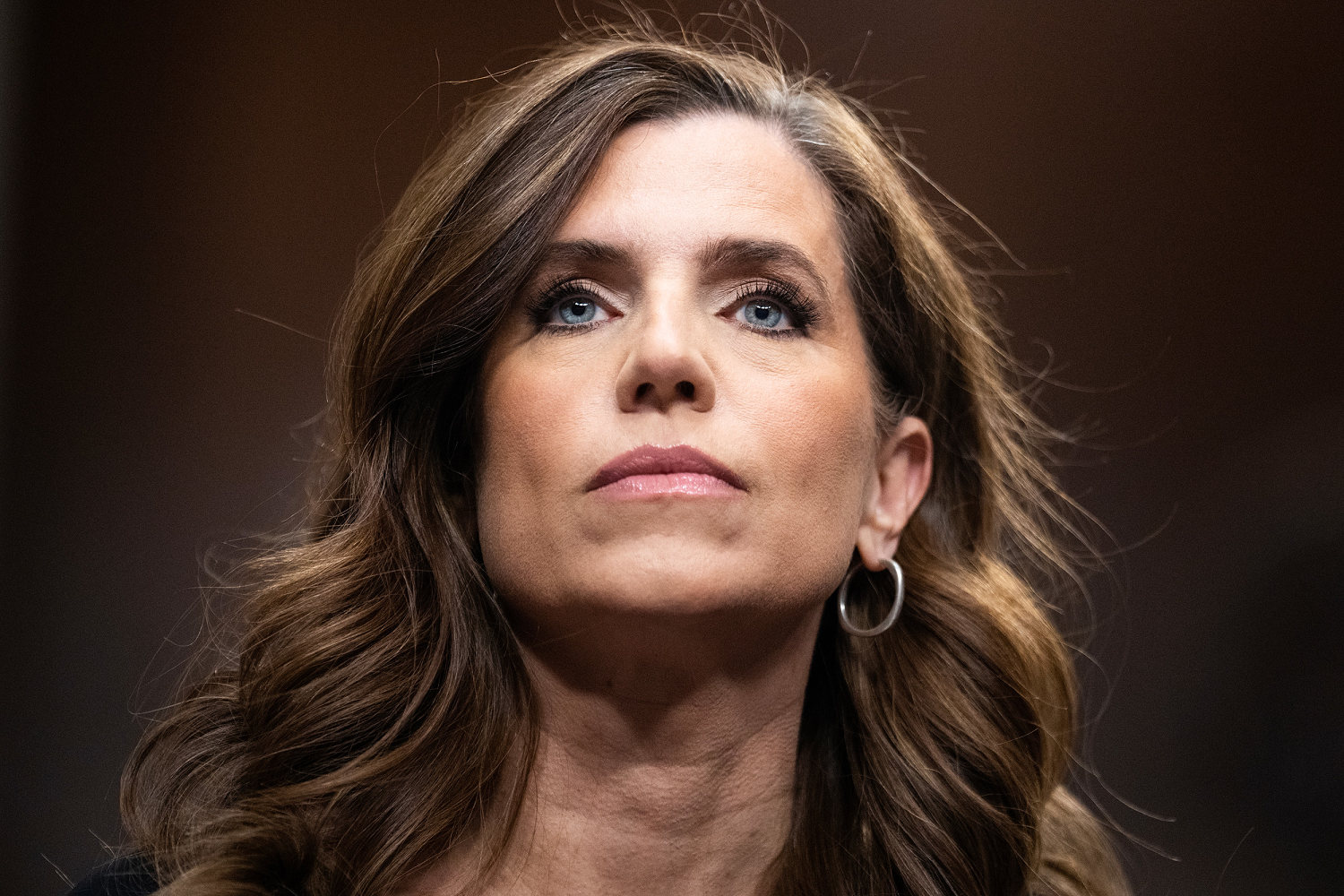
WASHINGTON —The Supreme Court has delayed resolving a South Carolina redistricting case for so long that a lower court has has been forced to step in, saying on Thursday that a congressional district it previously ruled was racially gerrymandered can be used in this year’s election.
Last year, a federal court ruled that the Charleston-area district held by Rep. Nancy Mace, R-S.C., was unlawfully drawn by removing thousands of Black voters.
But on Thursday, the same court said in an order that the map could be used for this year’s congressional election.
The three-judge panel wrote that “with the primary election procedures rapidly approaching, the appeal before the Supreme Court still pending, and no remedial plan in place, the ideal must bend to the practical.”
The decision constitutes a setback for Democrats, who might have gained a more favorable map if it was redrawn.
The Supreme Court has spent months considering the merits of whether map-drawers unlawfully considered race when drafting the map but has yet to issue a ruling despite both sides saying it needed to be resolved well before the election.
The justices have also failed to act on an emergency application brought by Republican state officials asking for the existing map to remain in place, at least for now.
In a nine-month term running from October to June dominated by cases involving former President Donald Trump, the justices have issued only 11 rulings in argued cases.
Oral arguments in the South Carolina case were held on Oct. 11, giving the justices ample time to rule.
State officials had argued their sole goal was to increase the Republican tilt in the district in drawing the map. But in January 2023, the lower court ruled race was of predominant concern when one of the state’s seven districts was drawn. Republicans led by South Carolina Senate President Thomas Alexander appealed the decision.
The three-judge panel had said the state did not have to take any action to draw a new map until after the Supreme Court resolved the appeal — on the understanding that the justices would act more quickly.
Republicans redrew the boundaries after the 2020 census to strengthen GOP control of what had become a competitive district. Democrat Joe Cunningham won the seat in 2018 and narrowly lost to Mace in 2020. Two years later, with a new map in place, Mace won by a wider margin.
The roughly 30,000 Black voters who were moved out of the district were placed into the district held by Democratic Rep. James Clyburn, who is Black. It is the only one of the seven congressional districts held by Democrats.
The NAACP Legal Defense and Educational Fund and other civil rights groups alleged not only that Republicans unlawfully considered race when they drew the maps, but also that they also diluted the power of Black voters in doing so.
The claims were brought under the Constitution’s 14th Amendment, which requires that the law applies equally to everyone. The case arose under a different legal theory than was at issue in the major ruling this year in which civil rights advocates successfully challenged Republican-drawn maps in Alabama under the Voting Rights Act.
